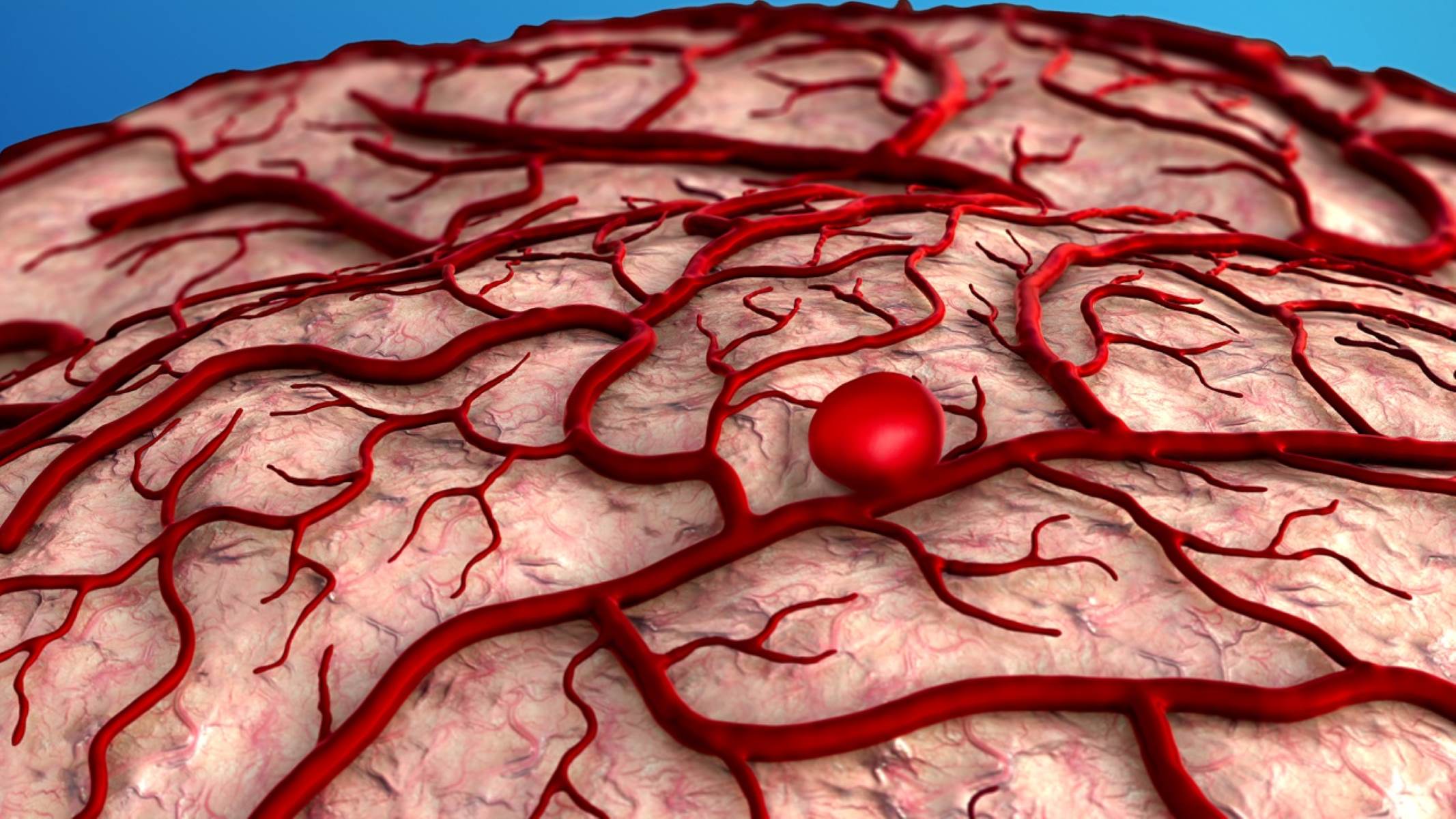
Eisenmenger's Syndrome is a rare but serious condition that affects the heart and lungs. It usually develops in people who have a congenital heart defect that wasn't repaired early in life. This defect causes abnormal blood flow, leading to high blood pressure in the lungs. Over time, this increased pressure can cause irreversible damage. Symptoms often include shortness of breath, fatigue, chest pain, and bluish skin. Understanding this condition is crucial for managing it effectively. In this post, we'll explore 20 essential facts about Eisenmenger's Syndrome, helping you grasp its complexities and how it impacts daily life.
What is Eisenmenger's Syndrome?
Eisenmenger's Syndrome is a complex heart condition that develops due to a congenital heart defect. It involves high blood pressure in the lungs and reversed blood flow through the heart. Here are some intriguing facts about this condition.
-
Named After Victor Eisenmenger: The syndrome is named after Dr. Victor Eisenmenger, an Austrian physician who first described the condition in 1897.
-
Congenital Heart Defect: It usually arises from a congenital heart defect, such as a ventricular septal defect (VSD), atrial septal defect (ASD), or patent ductus arteriosus (PDA).
-
Pulmonary Hypertension: The condition leads to pulmonary hypertension, which is high blood pressure in the arteries of the lungs.
-
Cyanosis: Patients often exhibit cyanosis, a bluish tint to the skin, lips, and nails due to low oxygen levels in the blood.
-
Reversed Blood Flow: Initially, blood flows from the left side of the heart to the right. Over time, the pressure in the lungs increases, causing the blood flow to reverse.
Symptoms and Diagnosis
Recognizing the symptoms and diagnosing Eisenmenger's Syndrome can be challenging. Here are some key points to understand.
-
Shortness of Breath: One of the most common symptoms is shortness of breath, especially during physical activity.
-
Fatigue: Patients often feel extremely tired and weak, even with minimal exertion.
-
Chest Pain: Some individuals may experience chest pain or discomfort.
-
Clubbing: Clubbing of fingers and toes, where the ends of the digits become rounded and bulbous, is another symptom.
-
Heart Murmur: A heart murmur, an unusual sound heard during a heartbeat, can be detected through a stethoscope.
Treatment and Management
Managing Eisenmenger's Syndrome requires a comprehensive approach. Here are some treatment and management facts.
-
No Cure: There is no cure for Eisenmenger's Syndrome, but treatments can help manage symptoms and improve quality of life.
-
Medications: Medications like blood thinners, diuretics, and drugs to lower blood pressure in the lungs are commonly prescribed.
-
Oxygen Therapy: Supplemental oxygen can help alleviate symptoms of low blood oxygen levels.
-
Avoiding High Altitudes: Patients are advised to avoid high altitudes, as lower oxygen levels can worsen symptoms.
-
Regular Check-ups: Frequent medical check-ups are essential to monitor the condition and adjust treatments as needed.
Complications and Prognosis
Eisenmenger's Syndrome can lead to various complications. Understanding these can help in better management.
-
Heart Failure: The condition can eventually lead to heart failure, where the heart cannot pump blood effectively.
-
Stroke: Patients are at an increased risk of stroke due to the formation of blood clots.
-
Arrhythmias: Irregular heartbeats or arrhythmias are common in individuals with this syndrome.
-
Bleeding Disorders: There is a higher risk of bleeding disorders, making even minor injuries potentially serious.
-
Life Expectancy: With proper management, many patients can live into their 50s or 60s, although life expectancy varies widely.
Final Thoughts on Eisenmenger's Syndrome
Eisenmenger's Syndrome is a serious condition that affects the heart and lungs. Understanding its symptoms, causes, and treatments can help those affected manage their health better. Early diagnosis is key to improving the quality of life for patients. Regular check-ups, medications, and sometimes surgery are necessary to control symptoms and prevent complications.
Living with Eisenmenger's Syndrome requires lifestyle adjustments, but with the right support and medical care, many lead fulfilling lives. Staying informed and proactive about health can make a significant difference.
Remember, if you or someone you know shows signs of this condition, seek medical advice promptly. Awareness and education are powerful tools in managing and living with Eisenmenger's Syndrome. Stay vigilant, stay informed, and prioritize health.
Was this page helpful?
Our commitment to delivering trustworthy and engaging content is at the heart of what we do. Each fact on our site is contributed by real users like you, bringing a wealth of diverse insights and information. To ensure the highest standards of accuracy and reliability, our dedicated editors meticulously review each submission. This process guarantees that the facts we share are not only fascinating but also credible. Trust in our commitment to quality and authenticity as you explore and learn with us.


